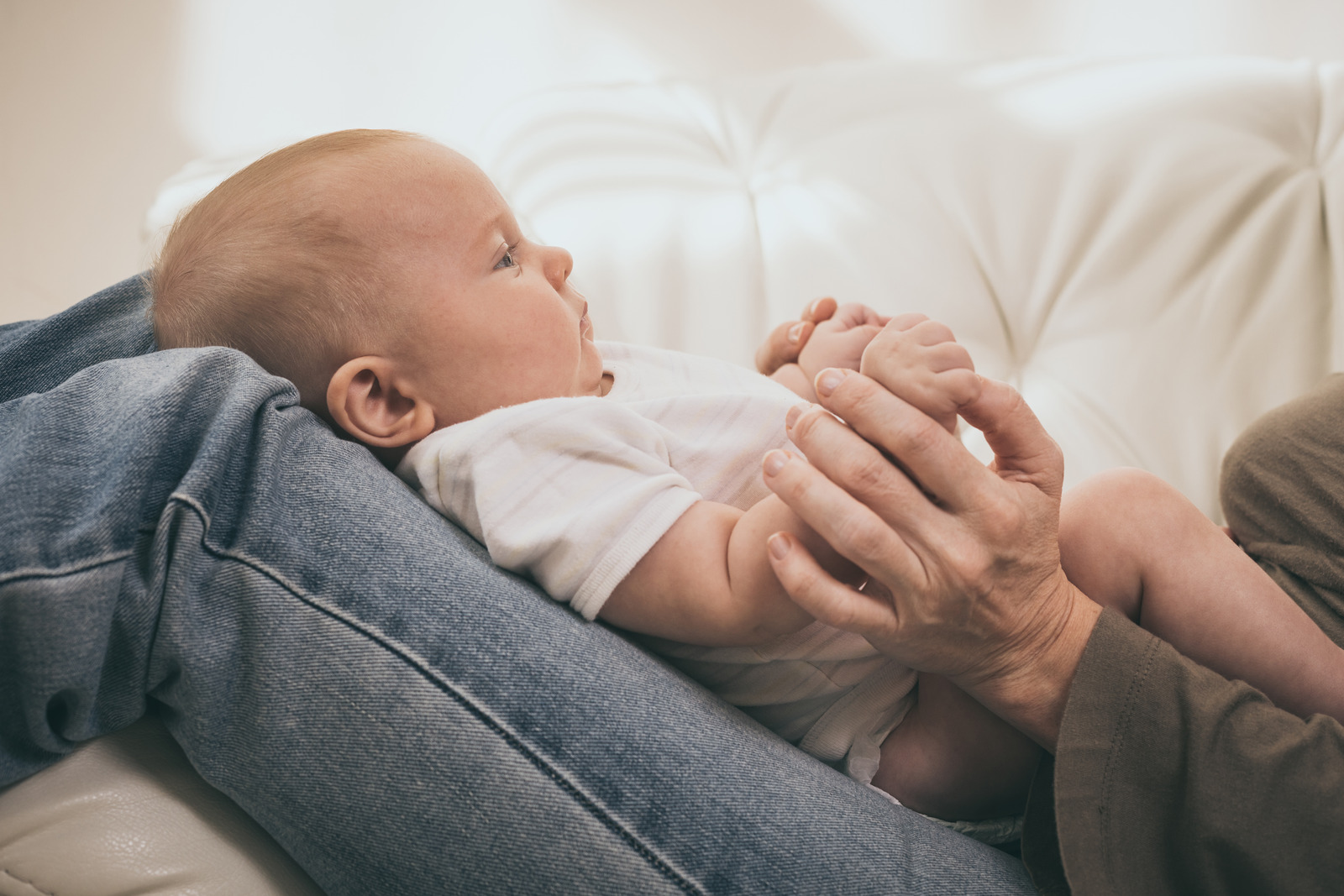Mother and baby community services
 The service provides mental health support for local women experiencing moderate to severe mental health issues, during pregnancy and the year following a child’s birth.
The service provides mental health support for local women experiencing moderate to severe mental health issues, during pregnancy and the year following a child’s birth.
Having a baby can be a time of great joy but it is also stressful. In all parents, the body and mind experience changes, which can lead to changes in feelings and emotions.
For many new mothers or mothers-to-be (and dads too) this can lead to various difficulties such as anxiety and depression. In most cases, this will get better quickly with the support of partners, friends and family. Advice and treatment may be also be provided by health vsitors, GPs and primary mental health services (Steps 2 Wellbeing).
The service is usually involved when more specialist support is required with issues such as:
- depression
- anxiety
- PTSD and birth trauma
- post-partum psychosis
- obsessive compulsive disorder.
The team also provide advice and input for women who have pre-existing mental health conditions, such as bipolar disorder and schizophrenia, with the focus on risk and prevention of postnatal illness.
The team includes psychiatrists, psychologists, mental health nurses, occupational therapists, social workers, parent-infant psychotherapist, peer specialists and nursery nurses.
The team can help with:
- preconception advice
- assessment, treatment, support and advice
- co-ordination of healthcare
- psychosocial interventions
- interventions to support bonding and attachment
- liaison and joint work with other services and agencies involved in care.
Please speak to your local healthcare professional if you think you require support from the service.
The service accepts referrals from health and social care professionals across Dorset - including mental health professionals, midwives, health visitors, obstetricians, social workers and GPs.
The team looks at each case individually to ensure the most appropriate care is delivered to address specific needs.
Q & A
What will happen when my health professional makes a referral?
The referral will be triaged/screened and a decision will be made as to whether an assessment will be offered, or whether it can be more appropriately managed by a different service (i.e. Steps 2 Wellbeing). If appropriate for our team's assessment the urgency will be decided. We aim to complete all initial assessments within fourteen days of referral. If we need more information one of our team may try and make contact with either you or the referrer. You may be offered either a virtual or face to face initial assessment with one of our clinicians.
What happens at the assessment?
One of our clinicians will ask you questions about how things are for you at the moment, how your mental health is impacting on your everyday life and how it is affecting the relationship with your baby.
This conversation will usually take about an hour. A plan will be formed with you at the end of this to clarify whether you will be offered care by the perinatal mental health team, or if not, what other services may be required. If you are taken on by the team you will usually be allocated a care co-ordinator, who will be the clinician who offers you regular appointments to support you with your mental health. Other interventions such as psychology, occupational therapy, nursery nurse contact, time with one of our peers and parent-infant psychotherapy may also be part of your treatment plan.
What if I am struggling with my mental health outside of the hours of the team?
The Connections service is available out of office hours for all individuals requiring mental health support at these times. They can be contacted on 0300 1235440 or by dialling 111 and requesting the mental health option. We are also fortunate to have a five-bedded mother and baby in-patient unit situated in Westbourne for women who are struggling to manage at home.
Will my family be referred to children’s social care?
This a common worry but most families under the care of our service don’t require social services involvement. If there are concerns regarding risks towards your children then you will be involved in these discussions.
Families often worry that a referral to children’s social care will result in their baby or child being removed, in reality this is very rare, and most social care involvement is aimed at supporting you to remain together as a family.
Bex, one of our peers, had social services involved at the start of her recovery. She stays:
“In total contrast to my preconceived ideas, social services were nothing but compassionate with me. I was completely transparent with them and once they were assured that I could provide our baby with what he needed, they withdrew. I experienced no finger pointing and difficult conversations were dealt with sensitively."
